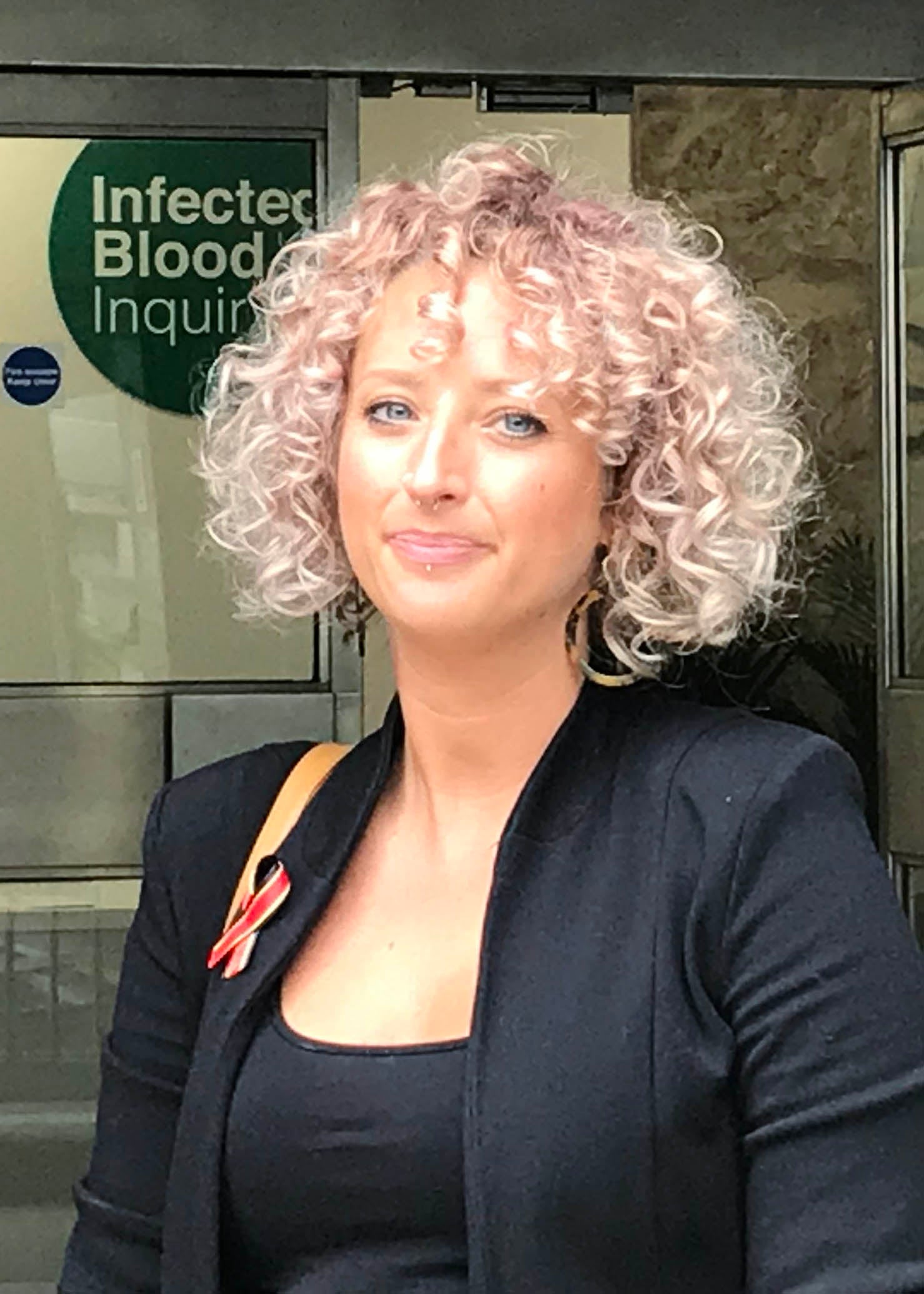Determination of infected blood campaigner orphaned at just nine
Stephen and Barbara Palmer died with HIV and Hepatitis C in August 1993.

A woman whose parents died with HIV eight days apart has vowed to continue campaigning until all those affected by the infected blood scandal have been compensated.
Lauren Palmer was just nine when she was orphaned after her parents, Stephen and Barbara Palmer, died with HIV and Hepatitis C in August 1993.
Mr Palmer was a severe haemophiliac and received the blood clotting product Factor VIII in about 1979, unaware that it was contaminated.
He subsequently tested positive for HIV and went on to infect his wife after dismissing medical advice to wear a condom during sex.
Ms Palmer said the Government’s announcement on Wednesday of interim compensation for contaminated blood survivors and their partners was “a step forward”, but said there were many other families who were excluded from the payments.
The fiasco, which resulted in an estimated 2,400 deaths of patients infected with HIV and hepatitis C through contaminated blood products in the 1970s and 1980s, was labelled the worst treatment disaster in the history of the NHS, with new cases of HIV and hepatitis being diagnosed decades later.
Ms Palmer, a make-up artist currently studying for a forensic science degree in Bristol, said: “This was all so avoidable, and then people went to great lengths to conceal the problem and not tell patients how serious it was.
“Everything from the start was just wrong.
“I don’t feel anger (over the scandal), as such, because I don’t want it to eat me up.
“It’s more about getting that acknowledgment that everybody deserves.
“I am doing this because it feels like a duty. I don’t want them to get away with this.
“It’s been a long time getting to this stage. It (compensation) is a step in the right direction.
“There are still a lot of bereaved families excluded, so there is more work for us to do until those families are included.
“It’s about recognition.
“It’s just the enormity of it (the contamination), so many hundreds of people affected then and still today.
“I just want to do it and help get justice for everyone, not just myself.”
Ms Palmer, 39, said the death of her parents “was devastating”, as she was then separated from her half-brothers and sent to live with another family, enduring a miserable childhood.
“It didn’t feel real at the time,” she said.
“I think when you’re that age, you don’t understand or comprehend what’s going on.
“It didn’t hit me until a few years later.
“Everything in my life changed so dramatically, the upheaval was awful.
“I remember thinking nothing is going to be the same again.
“It was devastating.
“Factor VIII was supposed to prolong my father’s life, not take him and my mum prematurely.”
Kate Burt, chief executive of the Haemophilia Society, echoed Ms Palmer’s calls for compensation to all those who suffered, saying the “majority” of the bereaved are currently left with nothing.
Ms Burt said: ‘Finally, after nearly five decades the government has accepted it must pay compensation to those infected as a result of the contaminated blood scandal.
“This is a significant development.
“However, the majority of the bereaved, including parents and the children of those who died, will receive nothing.
“Steps must be taken now to set up a workable scheme which can deliver full compensation quickly and fairly to all those who suffered devastating loss because of this NHS treatment disaster.”
Bookmark popover
Removed from bookmarks